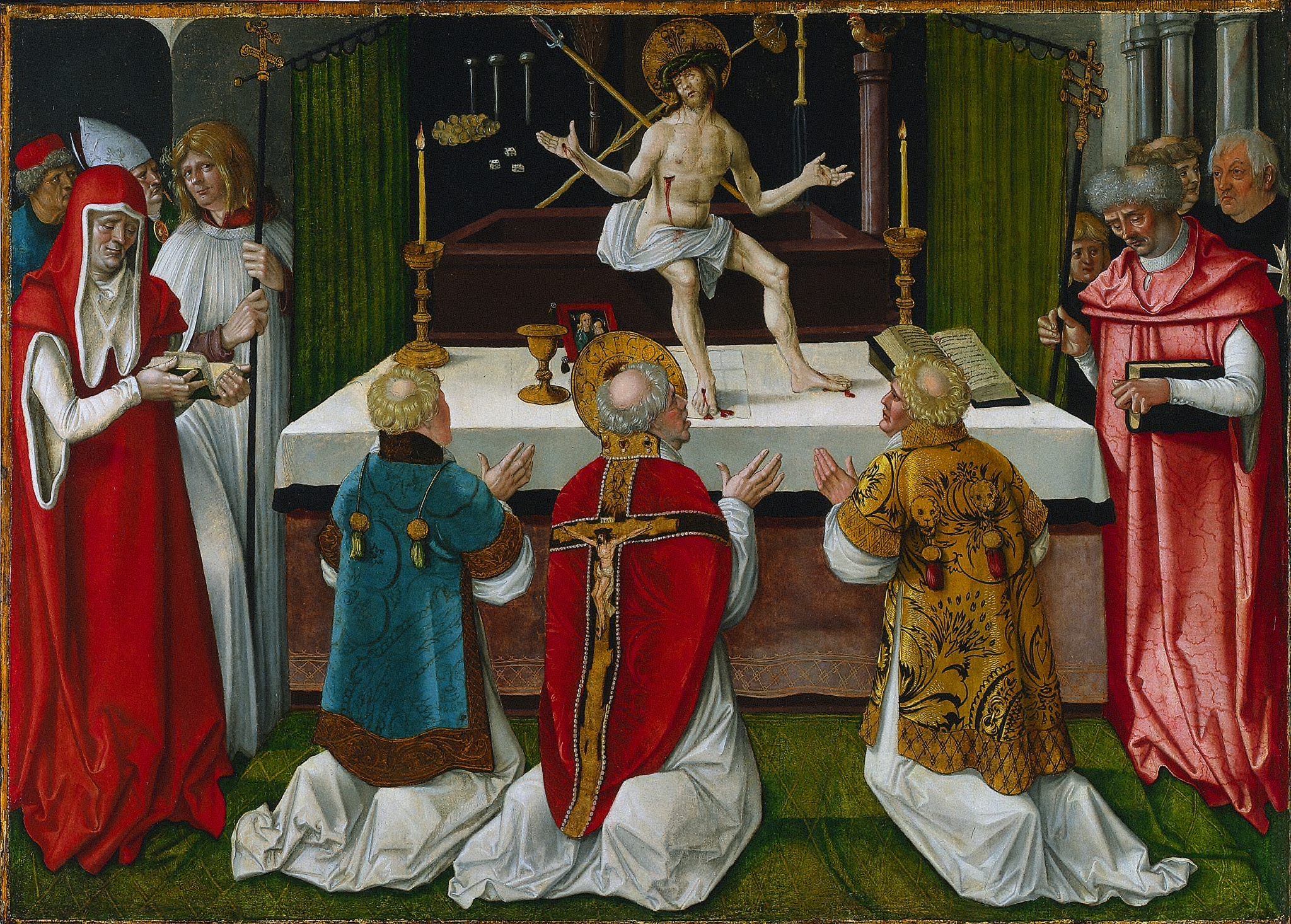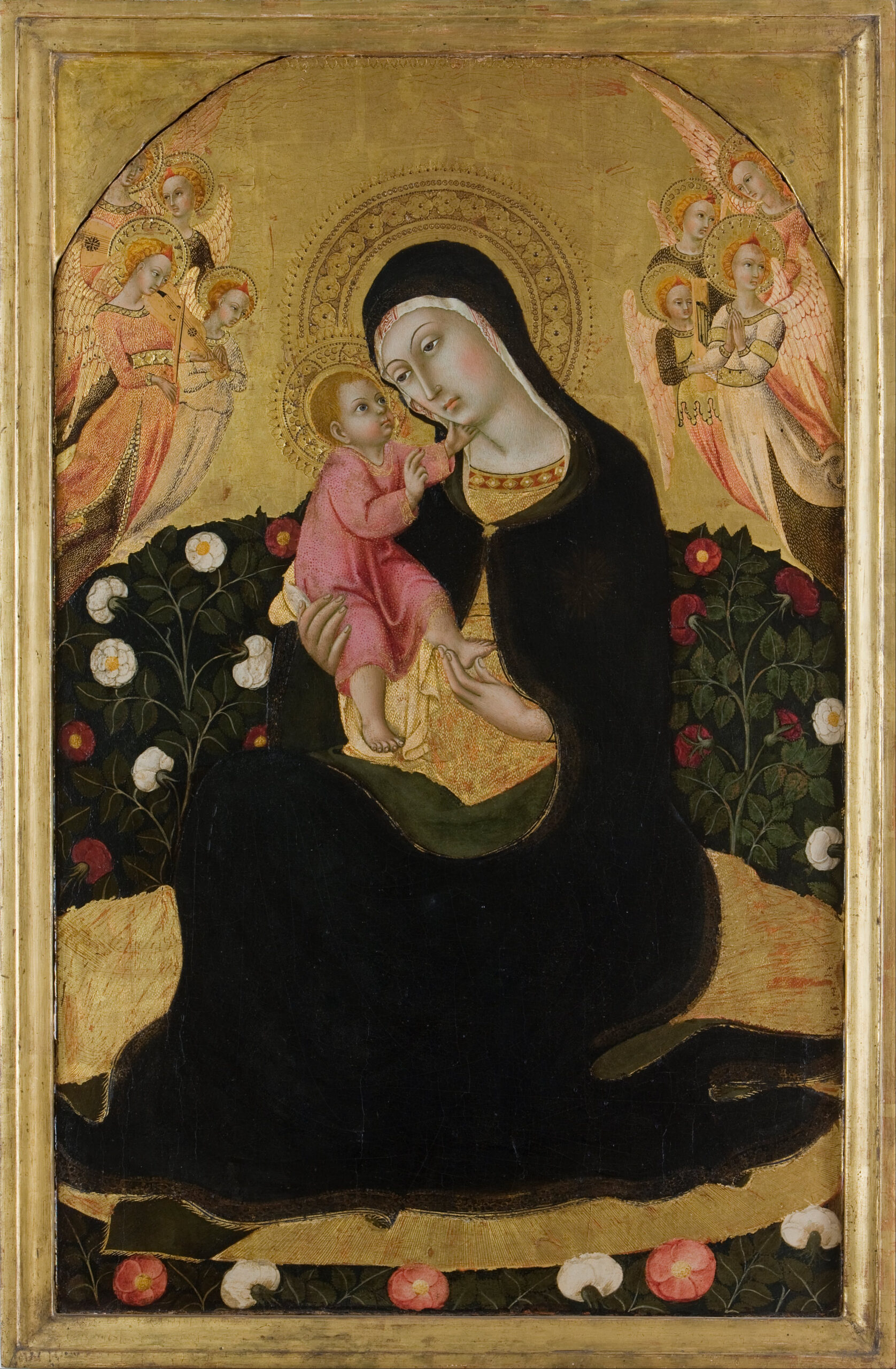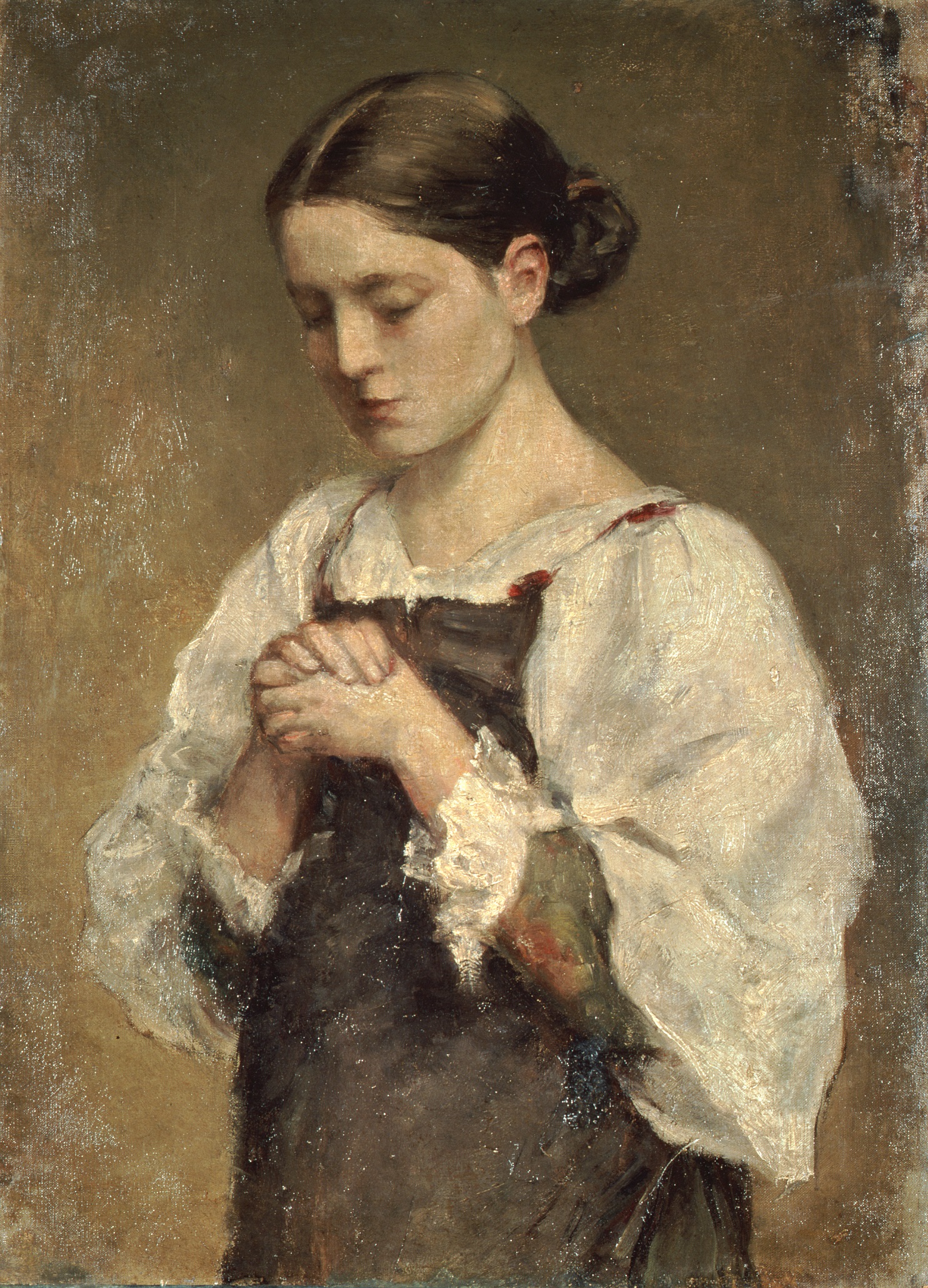In The School of Christian Perfection, St. Alphonsus Liguori teaches that true holiness depends on daily self-conquest. Prayer alone is not enough if we do not root out self-will and sinful passions. Christ’s own life of mortification shows that conquering ourselves is the path to union with God.
The Garden of the Heart
Our heart is a garden in which wild and noxious weeds continue to grow. We must therefore have the hoe of mortification always in hand to remove this noxious growth, otherwise the garden will soon be choked with thorns and thistles. “Overcome yourself,” was a favorite saying with St. Ignatius of Loyola. It was always on his lips; again and again he returned to it when addressing his religious brethren. “Overcome your self-love; break your self-will,” he would say. The reason why so few of those who practice mental prayer become saints is because so few are intent upon over-coming themselves. Of a hundred persons who practice mental prayer, more than ninety follow their own head. Therefore, the Saint placed greater value on a single act of self-denial than on a whole hour’s prayer filled with spiritual consolation. “Of what benefit is it to a fortress,” says the Abbot Gilbert, “that the gates are closed if hunger, the enemy within, lays low the occupants?” He wished to say: Of what use is it to mortify the exterior senses and perform many exercises of piety if we harbor some passion in our heart and refuse to give up our own will?
Mortification Prepares the Soul
St. Francis Borgia said that prayer introduces the love of God into the heart, but mortification prepares the way by removing everything that might prove an obstacle or hindrance to it. If you wish to fill a vase with water you must first empty out the earth that is in it, otherwise there will be a disagreeable mixture. Regarding the relation of interior mortification to prayer, Father Balthasar Alvarez says: “Prayer without mortification is either a delusion, or will soon come to an end.” St. Ignatius tells us that a mortified soul is more intimately united to God in one quarter of an hour than an unmortified person in many hours of prayer. And if the Saint heard it said of anyone that he prayed much, he would add: “That is a sign that he is very mortified.”
Acts of Devotion Must Lead to Self-Denial
Many Christians perform acts of devotion, go frequently to Holy Communion, fast and spend much time at prayer, but they neglect to mortify their passions, and harbor feelings of revenge and aversion, and entertain dangerous attachments. They make no effort to bear with contradictions, to give up certain associations and to be subject to obedience and the Will of God. What progress can such hope to make on the way to perfection? They always have the same faults, and according to St. Augustine they are outside the right way. “They run well,” says the Saint, “but outside the path.” “Watch over thyself,” says Thomas à Kempis, “stir up thyself, admonish thyself; and whatsoever becometh of others, neglect not thyself. The greater violence thou offerest to thyself the greater progress thou wilt make.” (Im. Bk. 1, 24).
The True Purpose of Spiritual Exercises
I have not the slightest intention to underestimate the value of vocal prayer, works of penance and other spiritual exercises; but they must be performed with this end in view, to obtain the victory over your passions. All exercises of piety are nothing else but means to arrive at virtue. Consequently at Holy Communion, during meditation, while visiting the Blessed Sacrament and performing other acts of devotion we must always ask God for the grace to be humble, mortified, obedient and conformed to His holy will. To act only from self-love is a fault in every Christian; but it is a greater fault in him who has received a greater measure of grace and is on that account bound to strive more earnestly after perfection. “By means of self-denial,” says Lactantius, “God calls men to eternal life; by the gratification of self-love Satan calls them to eternal death.”
Christ’s Example of Mortification
St. Joseph Calasanctius used to say: “The day spent without mortification is a day lost.” In order to teach us the value and necessity of mortification, our Blessed Lord chose to live a mortified life, a life without sensible consolation, a life of sorrow and shame. “Having joy set before him,” says the Apostle, “he endured the cross, despising the shame.” (Heb. 12:2). “Go through the whole life of Jesus Christ” says St. Bernard, “you will always find Him suffering on the cross.” St. Catherine of Siena remarks: “As a mother takes bitter medicine to cure her sick child, so during His life on earth Our Lord drank the chalice of sufferings to cure our poor sick souls.”
ooo
This article is taken from a chapter in The School of Christian Perfection by Saint Alphonsus Liguori which is available from TAN Books.









